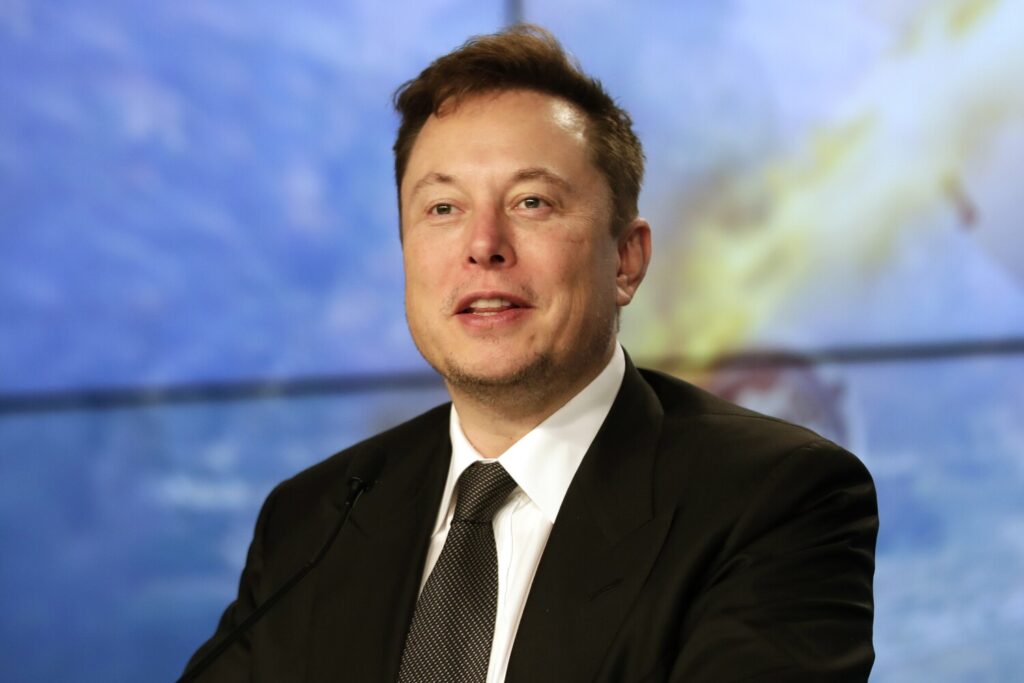A day after it became public knowledge that he bought a 9% stake in Twitter, Tesla Chief Executive Elon Musk is now also set to join the social media platform’s board of directors, according to new regulatory filings.
A report filed Tuesday with the U.S. Securities and Exchange Commission states that on the day before, Twitter agreed to appoint Musk to its board “with a term expiring at the Company’s 2024 Annual Meeting of Stockholders.” For that period, plus 90 additional days, Musk will not become the owner of more than 14.9% of Twitter’s outstanding stock, the agreement states.
“I’m excited to share that we’re appointing [Musk] to our board!” tweeted Twitter Chief Executive Parag Agrawal, who took on the leadership role in November after serving as the microblogging platform’s chief technology officer. “He’s both a passionate believer and intense critic of the service which is exactly what we need.”
Musk responded: “Looking forward to working with [Agrawal and the] Twitter board to make significant improvements to Twitter in coming months!”
Twitter currently lists 11 other members on its board, including Agrawal; co-founder and former CEO Jack Dorsey; and leaders from Salesforce, Mastercard and Stanford University.
Musk’s intentions with his stake in the social media platform remain unclear. The richest man in the world is now the company’s largest stakeholder, but his investment is a passive one, meaning that he isn’t allowed to pursue control of the company.
Musk has already hinted that he’s unhappy with how the platform handles free speech issues, perhaps setting the stage for some sort of future activism around the site’s content moderation policies.
In a string of tweets posted soon after he bought his stake, the tech magnate wrote that Twitter “serves as the de facto public town square” and thus must “adhere to free-speech principles” in the name of democracy.
“What should be done?” he asked. “Is a new platform needed?”
In an email to The Times, Twitter spokesperson Adrian Zamora said that site policy decisions aren’t made by shareholders or the board.
“Twitter is committed to impartiality in the development and enforcement of its policies and rules,” Zamora said. “Our Board plays an important advisory and feedback role across the entirety of our service. Our day to day operations and decisions are made by Twitter management and employees.”
Heady questions of speech and censorship are not the only things Musk may try to hold sway over. Since news of his stock purchase broke, he’s been posting and replying intermittently on Twitter, offering his 80 million followers thoughts on the site’s scourge of cryptocurrency-shilling spam bots — the “single most annoying problem” on the site, he wrote — and the long-debated addition of an edit button that would allow users to retroactively change their tweets.
A poll he posted asking whether users wanted such a feature had over 3.5 million votes at press time, with responses leaning about three-fourths in favor.
Using Twitter polls to gauge public opinion is shaping up to be a hallmark of Musk’s tenure as co-owner. A week and a half ago, he asked his followers whether Twitter rigorously adheres to an ethos of free speech; over 70% of respondents said no.
In response to someone’s prediction that he’d continue using Twitter polls to influence site policy, he remarked: “If the people vote overwhelmingly for something, it is at least *a* data point!”

